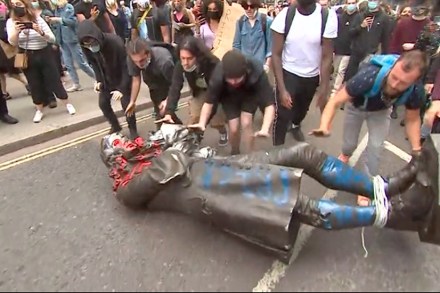Letters: The sorry state of BBC sport
Misplaced Trust Sir: Charles Moore is as ever bang on target (The Spectator’s Notes, 26 September). National Trust members have had a raw deal this year, but so have many loyal staff and volunteers. It should not surprise any visitor to a National Trust property that a very rich person built it and lived there.




















